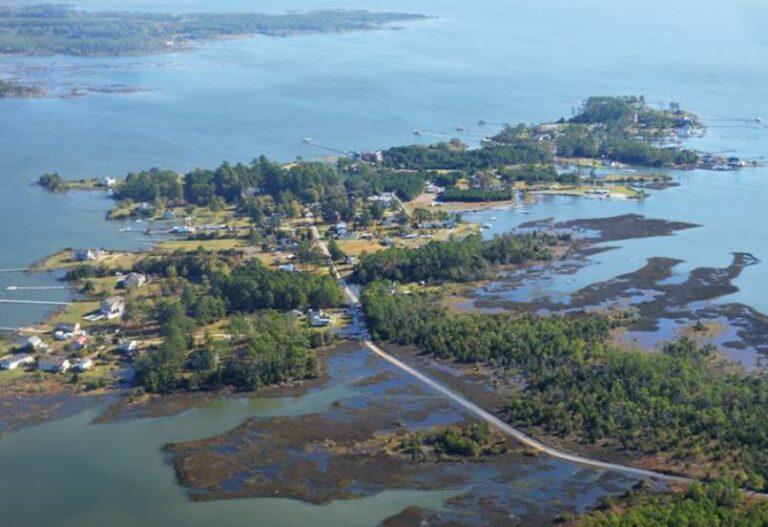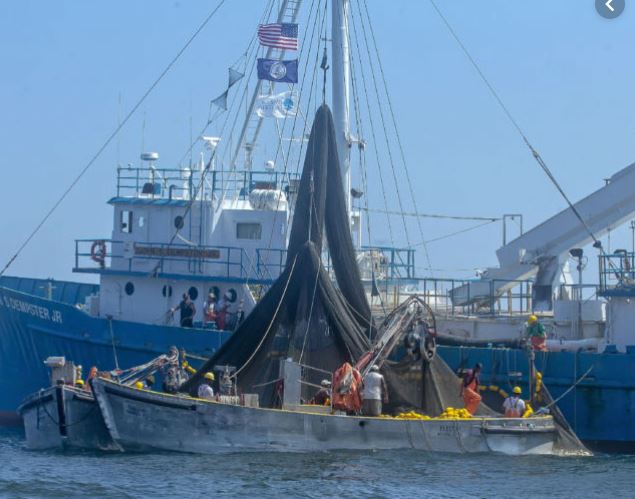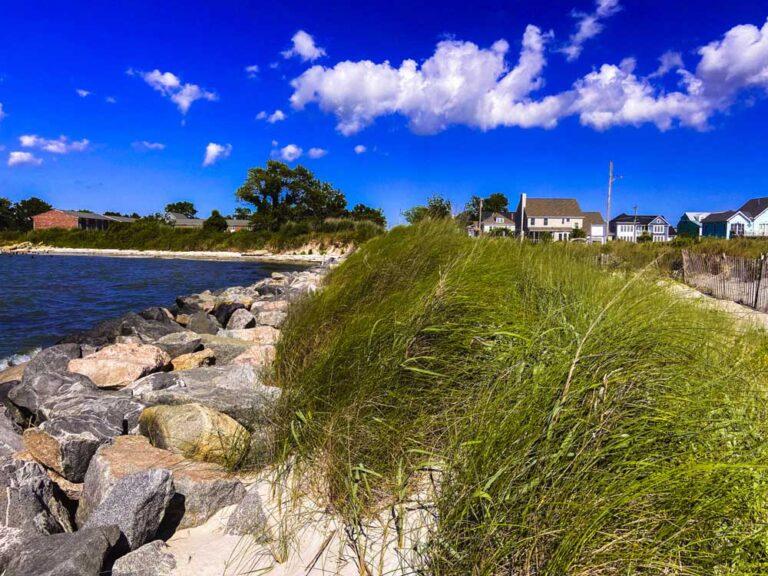ANNAPOLIS, Md. — Maryland Gov. Wes Moore has introduced the Chesapeake Bay Legacy Act, a legislative measure aimed at improving the health of the Chesapeake Bay while bolstering the state’s farming and aquaculture industries. Part of his administration’s 2025 legislative agenda, the bill seeks to modernize conservation practices, expand economic opportunities, and ensure cleaner waterways for future generations.
“The Chesapeake Bay is not just an environmental priority—it’s a key driver of Maryland’s economy, supporting tourism, fishing, and farming,” Moore said in a statement. “This legislation represents a major step toward protecting this vital resource while creating new opportunities for those who depend on it.”
The proposed legislation takes a multi-faceted approach to preserving Maryland’s most valuable natural asset. Key provisions include promoting regenerative agriculture, streamlining the oyster aquaculture permitting process, and enhancing water quality monitoring to track pollution reduction efforts.
A major component of the bill focuses on supporting sustainable farming practices, particularly regenerative agriculture. Under the proposal, farmers who adopt soil-improving techniques would be eligible for long-term leases on state-owned farmland. Officials say this initiative aims to reduce barriers for new and young farmers, ensuring they have access to land to implement sustainable growing techniques.
The measure also seeks to support Maryland’s oyster industry by making it easier for aquaculture businesses to obtain permits, a move aimed at boosting production while ensuring ecological sustainability. Additionally, the legislation calls for enhanced water quality monitoring to provide more accurate data on pollution reduction efforts in the bay and its tributaries.
Environmental advocates and industry leaders have expressed cautious optimism about the proposal, noting the importance of balancing conservation efforts with economic sustainability.
The Chesapeake Bay Legacy Act will be introduced during the 2025 legislative session, where it is expected to face deliberations from lawmakers and stakeholders. If passed, officials say the bill could mark a significant step in Maryland’s ongoing efforts to protect the bay while fostering economic growth in the region’s agricultural and aquaculture sectors.




Bob, that's an interesting idea; might give the Communist party a way to get their foot in the door and…
I have been a "Come Here" for about 60 years and have never seen any of this expensive Hump maintenance;…
Just wondering if the Governor’s daughters are attending Richmond Public schools, now that they live in the city.
Have you ever driven over the hump even once or crossed it in any way? If so, then it is…
Is there a reason for your existence?